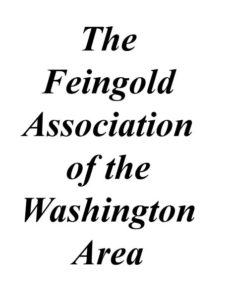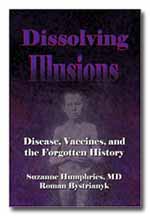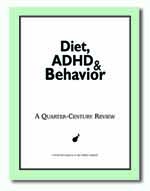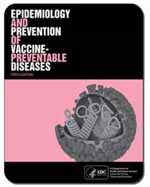
Answering the critics
FAWA Newsletter, December 1977 (page 9-10)
Feingold families are often confronted by newspaper and magazine articles — some of which appear in medical journals — telling us that the KP Diet doesn’t really work. (Those sleepless nights and miserable days were just the products of our imagination!)
Here is some background information you may find useful the next time you encounter an expert (someone who knows everything about the hyperactive child, except how to help him).
The following is a report from Houston’s Jeanne Mayo:
The Nutrition Foundation Strikes Again
In a report called “Hyperkinesis Update” published in a recent medical journal, Dr. R. A. Stewart of Gerber Products Company reported: “The results of current challenge studies involving diet responsive hyperkinetic children and artificially coloroed foods were reported at the Nutrition Foundation Liaison Committee Annual Meeting. The studies from three separate groups failed to demonstrate any significant deleterious effect of the suspected artificial coloring on hyperkinetic children. As one investigator put it, we have fished all night and have caught nothing.”
I wrote Dr. Stewart and asked for the names of the three studies. The studies he had referred to were: 1) The cConnors study at Pittsburgh, conducted in 1976, 2) The Harley study at Wisconsin, and 3) a Canadian study by Dr. J. I. Williams.
The Nutrition Foundation sent me two of the studies. The one study they did not send was the Connors study. I haave the Connors study and can guess why it was not sent. This study reports: Teachers who observed the children over a 12 week period rated the children as less hyperactive while the children were on the diet recommended by Feingold. The difference obtained between the ratings would have occurred by chance only 5 in 1,000 times. The teachers rated the children as significantly improved over the baseline period on the Feingold Diet, but not while on the control diet.
(Although the Harley study was financed by the Nutrition Foundation, some positive results were observed. In a personal letter to me from Dr. Harley, he confesses there was no guarantee that the children stayed on the diet. BHA, BHT, and MSG were not removed from the
The Canadian study used a “modified Feingold diet” (did not remove any salicylate; the treatment was one week, and the children were kept on colored pills).
As we have indicated before, the Nutrition Foundation was founded and is funded by the food industry. I hope what this Foundation is trying to do will make all of you angry enough to do something. We need more volunteers and we need money. your donations are tax deductible. Please help.
Dr. Feingold addressed the problem when he spoke to a conference of newspaper food editors earlier this year. The following is a portion of his presentation:
Most of the unfavorable reports presently appearing regarding the KP Diet center around the study at the Food Research Institute of the University of Wisconsin, directed by Dr. Preston Harley of the Department of Neurology.
Since early January, 1976, Dr. Harley has presented his data several times around the country, usually followed in almost every instance by unfavorable reports in the press of the ineffectiveness of the KP Diet.
An analysis of the circumstances and date of Dr. Harley’s most recent presentation will illustrate how industry, with a scientific facade, manipulates the situation to influence the press to report unwittingly, to industry’s advantage.
On April 20, 1976, the Dairy Council, at their nutrition conference in Carmel, California, scheduled a press conference for Dr. Harley which was reported in the Los Angeles Times with the following headline: “Study Refutes Additive-Hyperactivity Link.”
I do not know who was responsible for this headline, but it is not only inconsistent with the facts, but even with Dr. Harley’s written text.
At no time during Dr.; Harley’s press briefing or in the subsequent articles was there any mention of the $600,000 support to his Food Research Institute from industry.
The study was purported to be controlled; however, no provisions were made to supervise the food intake of the children to and from school, or any exchanges with their peers.
Dr. Mayer’s Nutrition Column
In the November 17 issue of the Washington Post, Drs. Jean Mayer and Johanna Dwyer state that the evidence for the Feingold theory is inconclusive. They borrow a phrase from the American Academy of Pediatrics, who borrowed it from the Nutrition Foundation a year ago … “we simply do not know what the long term effects of following this diet might be, and for this reason they have cautioned parents against usint it on a long-term basis.” (In the next sentence, the authors recommend cutting down on additives!)
Dr. Mayer believes that the fact he is a paid director of Monsanto (manufactures food flavorings, preservatives, pesticides, fertilizers and other food industry chemicals) and Miles Laboratories (manufactures synthetic meat products) in no way interferes with his objectivity.
The industry affiliation of Dr. Mayer and other prominent nutrition and food science professors is described in a report entitled “Feeding at the Company Trough.”




















